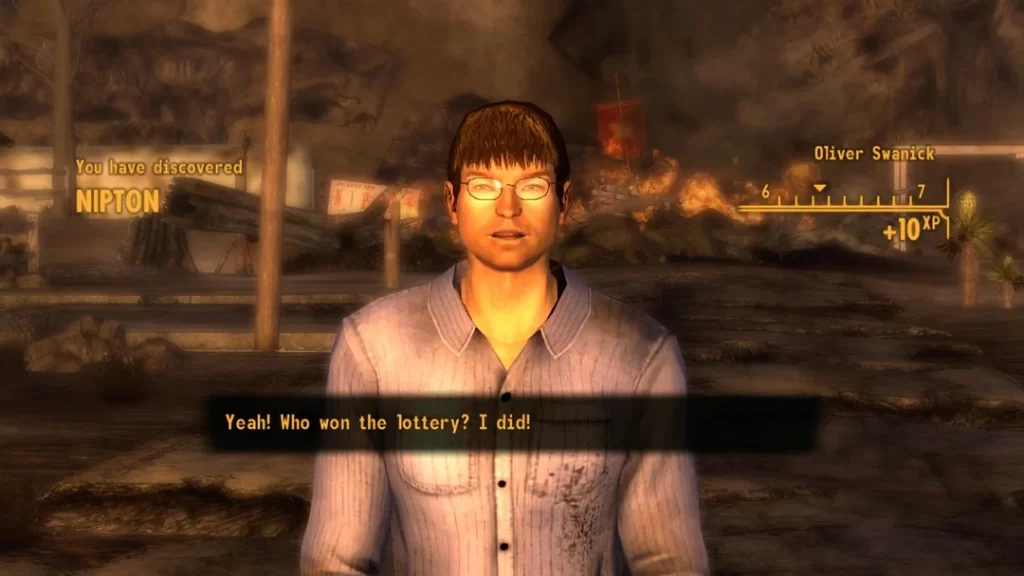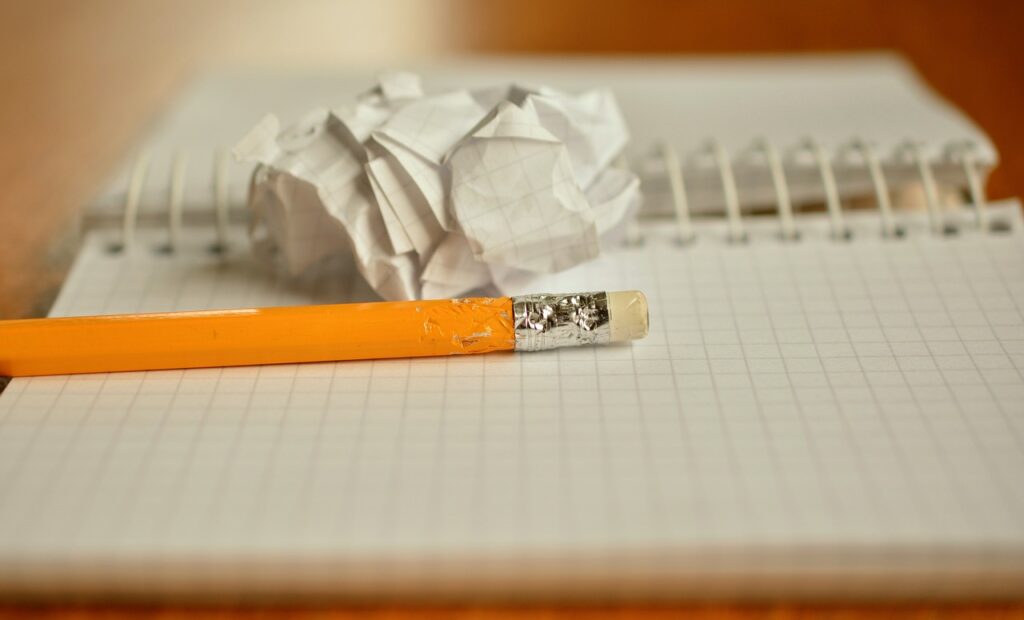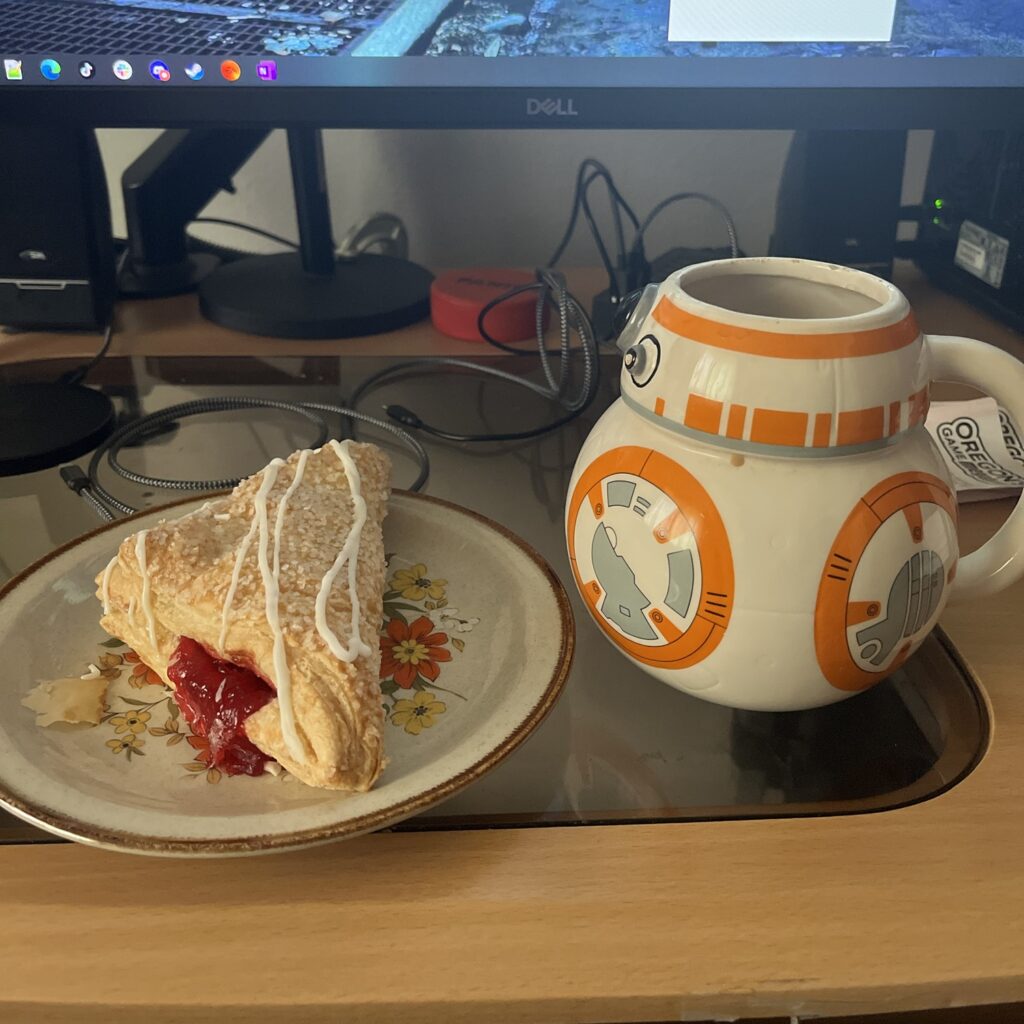Dreaming big
Bought a lottery ticket tonight. My usual, an Oregon Megabucks Quick-Pick, plus Kicker, for two dollars. I don’t have specific numbers I play, I just let the random machine pick the numbers for me, just like the random machine is going to pick the winning numbers. Adding the Kicker for a dollar more means that the ticket will win on 3 or more matching numbers, and if I get 4 or 5 winning numbers, the prize amount is more.

I’ve written about buying lottery tickets before. If you do a search in the search thingy over to the left, you’ll find a lot of posts with the word “lottery” in them, and many of them are about buying a ticket. I almost never win, and by “almost never” I mean I’ve won a small amount (under a couple of hundred dollars) maybe 4 or 5 times in the decades I’ve been buying tickets. But I still play, because the idea of winning is enjoyable all by itself.
I buy the tickets and then I don’t check them, because I have a story that I play out in my head. The story goes, I forget about the ticket for weeks, and build up a stack of them, and then decide to work through the stack and see if any have won. And in the story, one of them does come back as a big winner. The whole enchilada. Millions of dollars with very little effort. And in the story, my delight at knowing that this battered piece of paper, that’s been sitting on my desk or in my glove compartment or tucked into my wallet, has been worth so much money this whole time.
I know it’s a strange story but somehow, the idea that I could have ignored it for a long time until the ticket expires and it’s no longer redeemable, but that I didn’t, I didn’t forget about it, is delicious to me. That imaginary satisfaction feels greater than the idea of actually having millions of dollars without having to trade thousands of hours of labor for it.
If I won
But then the next stage of the story kicks in. What would I do with that money? What do I really really want, if money was no object? Friends, lean in close, because when I dream, I dream big.
I want a roof over my head, a comfy bed to sleep in. I want to be warm in the winter, and cool in the summer. I want healthcare whenever I need it, without having to worry about how I will pay for it, without worrying about the United State’s innovation known as “medical bankruptcy.” I want clean air to breathe, clean water to drink, and delicious food that won’t kill me faster than the healthy rate of dying. That’s it. That’s what I want.
Once I have that, I want to make sure that my family and close friends have all that, too, if I have any money left over.
If I have any money left over after that, I want to put that money into steering society in the direction of everyone having all those things. If I have to do it the hard way, one person at a time, that will have to do, but depending on how much money I have left over, I’d like to put systems in place to do that on as big a scale as possible. Neighborhood, city, state, nation. I would at least have time and energy to make a plan and work towards it, maybe get others to work with me. Assuming I had left over money.
If I’m doing that, and there’s any money left over at all, I want to see as much of this beautiful world as I can before my life comes to it’s end, but mostly I want to see a baseball game in every major league park. I want to drive on Blue Highways, listening to pleasant music, and at the end of my drive I want to eat local food, talk to local people, and listen to local bands. But that’s a lower priority.
What would you do if you won the jackpot? I’d love to hear it.

